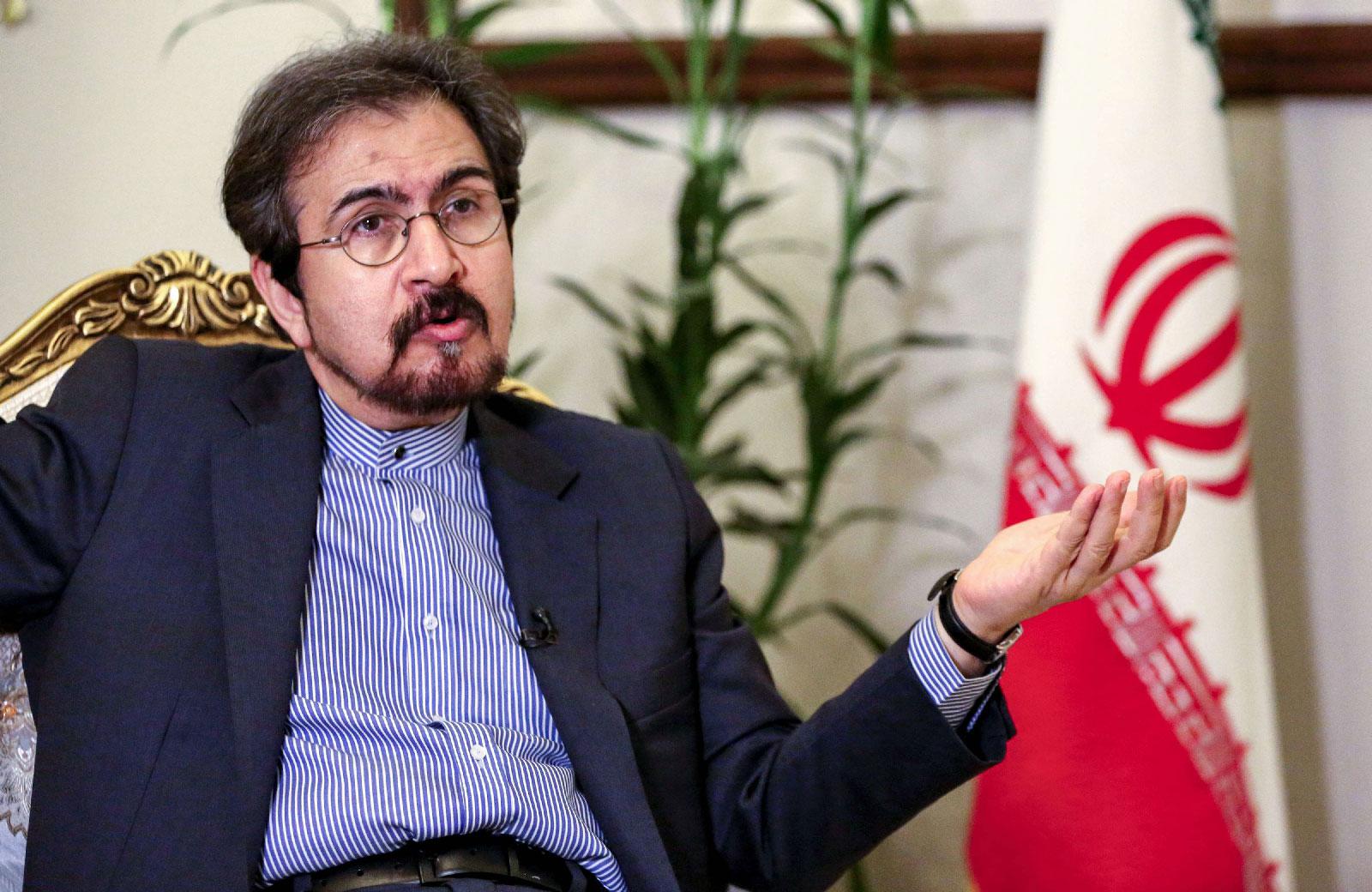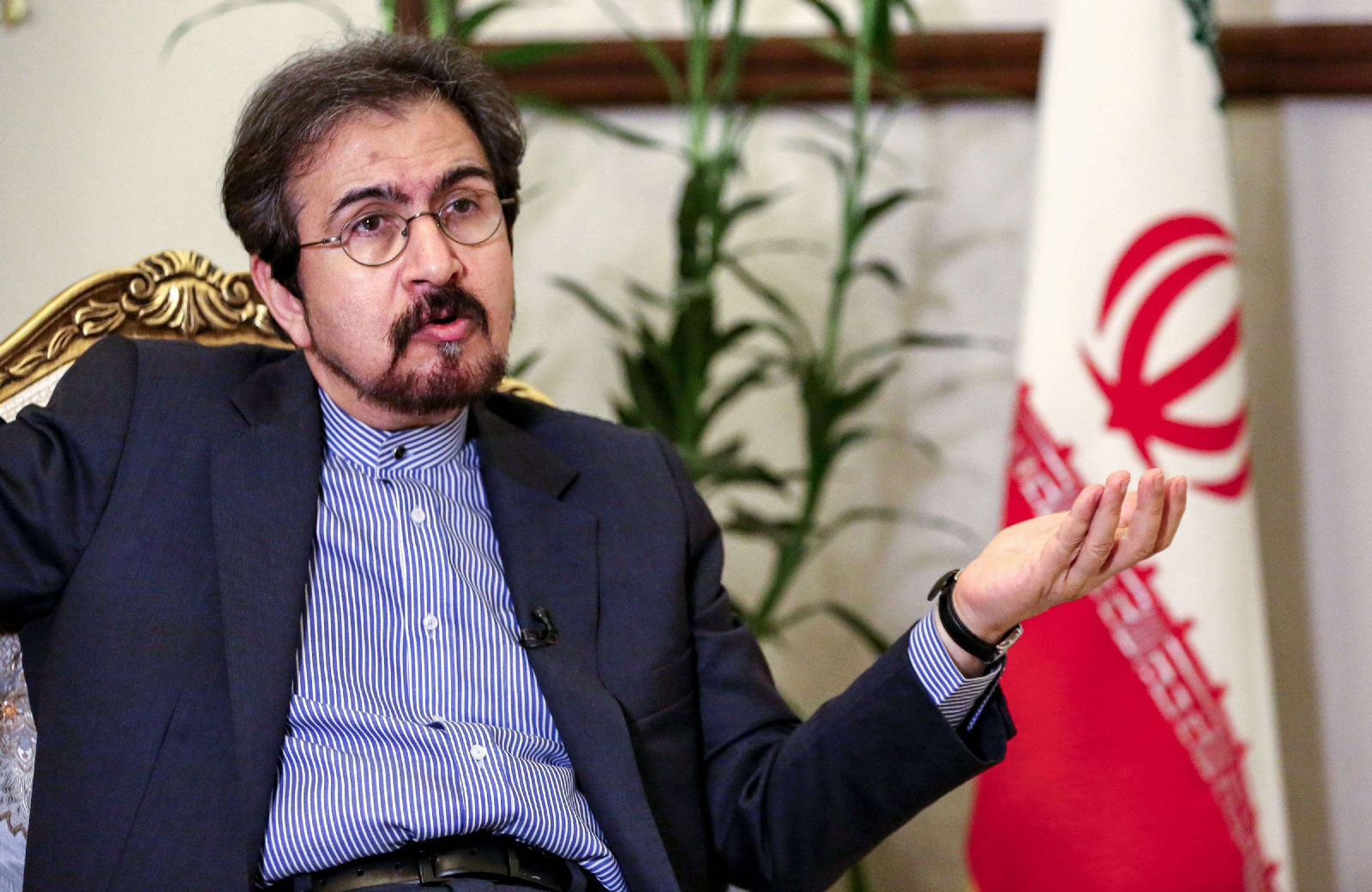Iran lashes out after France threatens sanctions
TEHRAN - Iran has accused France of being a destabilising force in the region after its foreign minister threatened new sanctions against Tehran over its missile programme.
"The Islamic republic has always called for the strengthening of peace and stability in the region," the Iranian foreign ministry said in a statement released overnight Friday.
As such Iran "considers the mass sales of sophisticated and offensive weapons by... France as a factor in destabilising the balance of the region," the statement said.
It came after French Foreign Minister Jean-Yves Le Drian, who this week reiterated support for a European-backed system to facilitate non-dollar trade with Iran and circumvent US sanctions, said Paris was ready to impose new sanctions on Tehran if talks on its missile programme and its regional influence fail to make progress.
"We have begun a difficult dialogue with Iran... and unless progress is made we are ready to apply sanctions, firmly, and they know it," Le Drian said.
Le Drian also demanded that Iran change its behaviour in the region, specifically regarding its military presence in Syria.
In response, Iran's Foreign Ministry spokesman Bahram Ghasemi "reiterated that any new sanctions by European countries would lead to a re-evaluation by Iran of its interactions with those countries", the state news agency IRNA reported.
"Iran's missile capability is not negotiable, and this has been brought to the attention of the French side during the ongoing political dialogue between Iran and France," Ghasemi added.
A UN Security Council resolution enshrined Iran's 2015 nuclear deal with Britain, China, France, Germany, Russia and the United States in which Tehran curbed its uranium enrichment programme in exchange for an end to international sanctions.
The resolution says Iran is "called upon" to refrain for up to eight years from work on ballistic missiles designed to deliver nuclear weapons. Iran denies its missiles are capable of carrying nuclear warheads.
Iran reined in most of its nuclear programme under the deal, but in May the United States withdrew from the deal and re-imposed sanctions on Tehran, saying the agreement was flawed as it did not address ballistic missiles or Iran's support for armed proxies in Syria, Yemen, Lebanon and Iraq.
The European signatories to the deal stuck with it, saying it is the best way to keep Iran's nuclear work in check.
But US sanctions over dollar transactions have made investors wary about doing business with Iran. The EU has been trying to set up a special purpose vehicle (SPV) to maintain trade and business ties with Iran and circumvent the US sanctions.
Tehran has continued to develop its ballistic missile technology but says it has no intention of acquiring atomic weapons and that its missile development programmes are purely defensive.
Diplomats have said that new sanctions being considered by EU countries over the missile issue could include asset freezes and travel bans on Iran's Revolutionary Guards and people involved in the ballistic missile programme.



